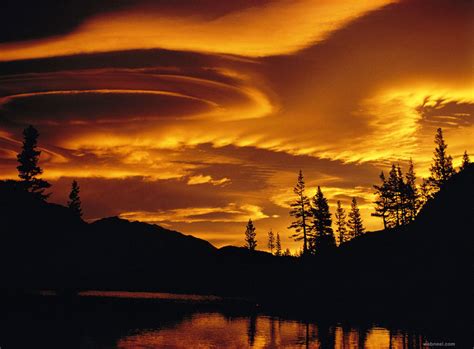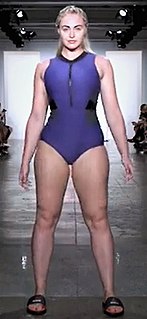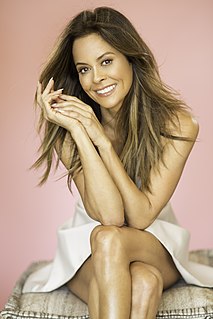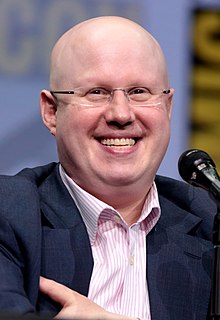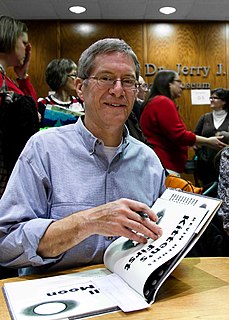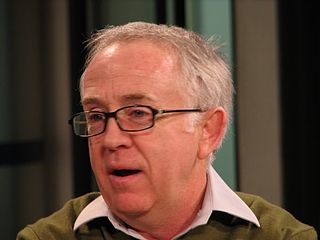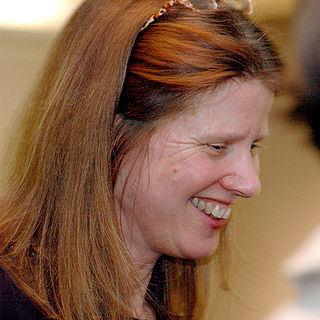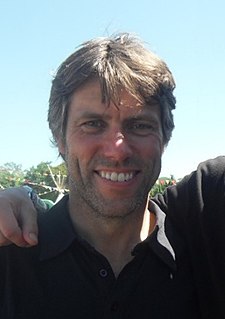A Quote by Galen Rowell
I remember when an editor at the National Geographic promised to run about a dozen of my landscape pictures from a story on the John Muir trail as an essay, but when the group of editors got together, someone said that my pictures looked like postcards.
Related Quotes
I remember I took an editorial, and I was so excited. I got the pictures back, and I looked in the magazine, and I was like, 'Oh my gosh!' My arms were half their size, and I had a thigh gap magically, and all these crazy things. My family went out and tried to find my pictures in the magazines, but no one could recognize me.
There are instances: [Henry David] Thoreau read [John] Wordsworth, [John] Muir read Thoreau, Teddy Roosevelt read Muir, and you got national parks. It took a century for this to happen, for artistic values to percolate down to where honoring the relation of people's imagination to the land, or beauty, or to wild things, was issued in legislation.
But we did see the process develop. I remember going to the Rocket Pictures base and they had something like 40 people there, drawing. They didn't know what the characters looked like yet and I remember on the walls seeing 30 or 40 different versions of Juliet. So, it was then that I realised that someone's got to come in and make some really executive decisions.
The designs of the paper euros, introduced in 2002, proclaim a utopian aspiration. Gone are the colorful bills of particular nations, featuring pictures of national heroes of statecraft, culture and the arts, pictures celebrating unique national narratives. With the euro, 16 nations have said goodbye to all that.
My mother had found this album of all these old slides from the '50s of me as a kid and I said, 'We should have these made into pictures because the color's so beautiful.' There were pictures of me from 1955 as a little baby wearing all these elaborate outfits, and in these pictures was this amazing story of a gay man and his mother.
I think a lot of people have the idea of an editor being someone who comes in like a dictator, and says, "You can't have that scene." And it never is like that - or perhaps some editors are like that and they're assholes, and they're not good editors. A good editor actually says, "I respect you" and they understand that you have a vision and they're actually trying to help you realize it.
